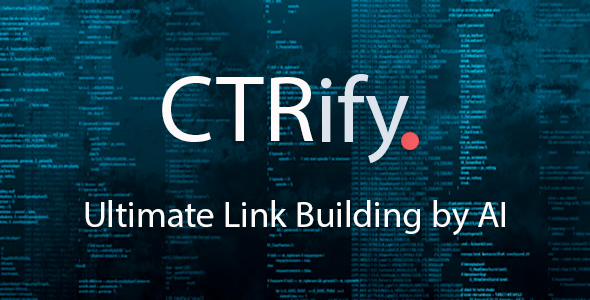On-page SEO is the practice of optimizing individual web pages in order to rank higher and earn more relevant traffic in search engines. On-page refers to both the content and HTML source code of a page that can be optimized, as opposed to off-page SEO which refers to links and other external signals. On-page SEO (also known as “on-site SEO”) is the practice of optimizing web page content for search engines and users. Common on-page SEO practices include optimizing title tags, content, internal links and URLs. On-page SEO (also called on-site SEO) is the practice of optimizing web pages to rank higher in search engines. It includes optimizations to visible content and the HTML source code.
On-page SEO refers to any optimization that you control and include on your website. With on-page optimizations, you aim to make your website more usable and valuable to users to improve your rankings or visibility in search results on Google, Bing, and other search engines. On-page SEO (also known as “on-site” SEO) is the act of optimizing different parts of your website that affect your search engine rankings. Where your website appears in search engine results pages is determined by a number of ranking factors including site accessibility, page speed, optimized content, keywords, title tags, etc. It’s stuff that you have control over and can change on your own website. On-page SEO focuses on optimizing parts of your website that are within your control, while off-page SEO focuses on increasing the authority of your domain through content creation and earning backlinks from other websites.
Discover what on-page SEO is, why it matters, and 10 of the most important on-page SEO considerations you need to focus on to succeed. However, SEOs generally advise getting your on-page SEO ducks in a row before focusing too much on off-page SEO. Additionally, you can’t simply ignore on-page SEO because you have more control when optimizing for on-site elements – as opposed to off-page SEO that consists of external signals (i. But the reality is, off-page SEO won’t do much good if you don’t pay attention to the fundamentals – on-page SEO. The results of on-page SEO take time, but once your on-page SEO strategy gets off the ground, it can make your online rankings and sales soar. On-page SEO differs from off-page SEO, another term you’ll likely encounter when trying to boost your online rankings.
On-page SEO (also known as “on-site SEO ) is the practice of optimizing web page content for search engines and users. For example, if I link to a page on my site using the anchor text “learn SEO, that’s a good indicator to search engines that the targeted page is one at which people can learn about SEO. I can instantly pull an on-page SEO audit for myself or competitors, and the SERP overlay feature is an awesome visualization of key page metrics that I can export to CSV & share with my team. With SEO tools like this one, you’ll be able to scan your entire website to find duplicate content, broken links, average page size and speed, the number of internal links per page, and more. On-page and off-page SEO work together to improve your search engine rankings in complementary fashion.



